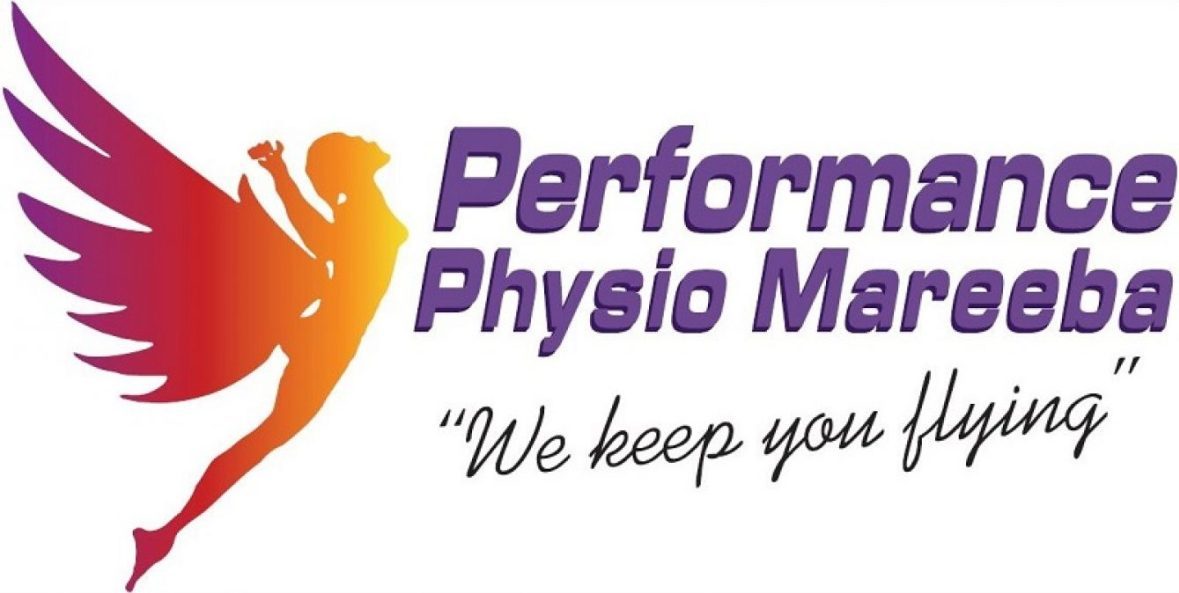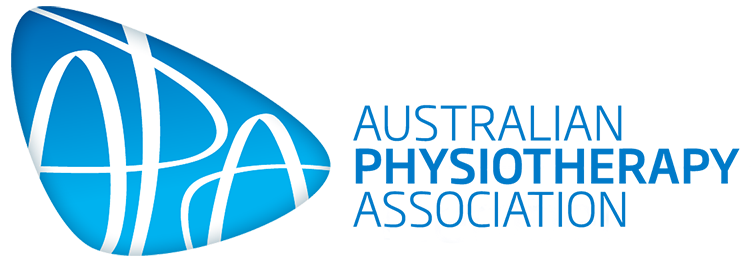Sports & Spinal Injuries
Sports injuries are commonly caused by overuse, direct impact, or the application of force that is greater than the body can withstand. Some of the more common sports injuries that your Physiotherapist can assist with include:

- Sprains
- Strains
- Joint injuries – including ligaments, tendons or cartilage
- Dislocations
- Fractures
Spinal injuries are damage to the spinal cord that results in a loss of functional mobility or feeling. There are many causes of spinal cord injuries (SCI), including trauma or medical conditions. Management and rehabilitation of SCI depends on the level and type of injury, and aims to enable the person to return to a productive and satisfying life. Common Physiotherapy rehabilitation options include:
- Gait (walking), wheelchair and mobility training
- Strength training
- Fitness training
Musculoskeletal
Musculoskeletal Physiotherapy focuses on accurate assessment, diagnosis and treatment of musculoskeletal injuries – injuries to joints, muscles, bones and/or nerves. Physiotherapists are specialists in the management of musculoskeletal injuries, and can provide the following types of treatment:
- Anatomy education and advice regarding your condition
- Hands-on massage, mobilisation and manipulation
- Stretching, bracing and taping
- Tailored exercise programs
- And more!
Women’s Health
Women’s health is a specialist role within the musculoskeletal field of Physiotherapy. Women’s health physiotherapy encompasses all women through all stages of life – from adolescents to post-menopausal. Most women will experience some sort of women’s health issue at some point in their life. Women’s health Physiotherapists will assess, treat, educate and manage any pelvic dysfunction, including:
- Urinary and faecal incontinence – stress incontinence, urge incontinence (overactive bladder)
- Constipation
- Underactive pelvic floor – pelvic floor exercises
- Prolapse
- Pre and post-pregnancy exercise prescription and rehabilitation
- Pregnancy back pain
- Pregnancy massage
- Mastitis/blocked or plugged ducts
- Rectus diastasis/abdominal separation
Post Op Rehab
Post surgical rehabilitation may be necessary for a variety of surgical procedures including orthopaedic, cardiac, thoracic, neurological and abdominal surgery. Post-operative rehabilitation involves performing a comprehensive assessment and outlining a detailed treatment plan which takes into account the patient and surgeon’s goals.
Post-operative physiotherapy is the post-surgical program following discharge from hospital. Benefits include:
- Pain management
- Re-establishing muscle strength and joint function
- Improving posture
- Positioning advice to increase comfort and reduce the risk of pressure sores
- Mobilisation exercises to improve circulation and range of movement
- Helping to clear any secretions, improve lung volumes and prevent chest infections
- Returning to activities of daily living
- Regaining independence and confidence while reducing any anxiety that you may have
Vertigo
Vertigo is dizziness that creates the false sense that you or your surroundings are spinning/moving. Vertigo is often caused by an inner ear problem. The inner ear helps to keep you balanced by sending signals to the brain about head and body movement.
A common cause of vertigo is benign paroxysmal positional vertigo (BPPV), which is usually triggered by specific changes in your head’s position and causes brief episodes of mild to intense dizziness. Once any other conditions potentially causing your dizziness have been excluded, and the problem is identified as BPPV, it can quite easily be treated. A manoeuvre called ‘The Epley Manoeuvre’ can be performed under Physiotherapist assistance to reposition the particle in the inner ear back where it belongs. There are also home exercises that your Physiotherapist can prescribe to help settle your symptoms.
Biomechanics
Biomechanics is the study of human motion and is important when determining what causes injuries and therefore how we can prevent them reoccurring. Physiotherapists are trained to detect biomechanical faults which can predispose you to injury, and then treat these faults to correct the problem and prevent further injury.
Biomechanical analysis can involve:
- Gait (walking pattern) analysis
- Running analysis
- Video or motion capture analysis
- Sport/task specific analysis
- Workplace analysis
Remedial Massage Therapy

Massage therapy makes up an integral part of Physiotherapy and can be tailored to different presentations and injuries. We also have a Remedial Massage Therapist that offers massage-only appointments.
Massage therapy works to:
- Relieve muscle tension
- Take away trigger points
- Reduce pain
- Improve circulation
- Move lymphatic fluids through the system
- Removes toxins and waste products from your body
- Reduce swelling and issues around joints
- Promote relaxation
Sports massage is tailored to different sports and sporting injuries. This type of massage is used to:
- Stretch tight muscles
- Stimulate inactive muscles
- Improve the condition of soft tissue
- Increase endurance
- Improve performance
- Reduce the chance of injury
- Reduce recovery time after an injury
Acupuncture
Acupuncture is a Traditional Chinese Medicine (TCM) tool that uses the theory of meridians and the placement of very thin needles at strategic points of the body with the aim of restoring the body’s qi flow. Western Acupuncture is not viewed as TCM as no paradigms or traditional assessment methods are adopted. Western Acupuncture practitioners aim to promote healing through stimulation of the nervous system at the local level, spinal cord and brain stem level.
Acupuncture is most commonly used to treat pain, and may help with:

- Migraine and tension type headaches
- Chronic neck pain
- Whiplash Associated Disorder
- Jaw pain (Temporomandibular Disorder)
- Radicular arm pain
- Rotator cuff dysfunction and impingement
- Frozen shoulder (adhesive capsulitis)
- Tennis elbow (lateral epicondylalgia)
- Acute and chronic lower back pain
- Osteoarthritis knee pain
- Tendinopathy
- Fibromyalgia
- Women’s health
Benefits of acupuncture:
- There are very few side effects
- It can be effectively combined with other treatments
- It can control some types of pain
- It may help patients for whom pain medications are not suitable
Real Time Ultrasound
How can Real Time Ultrasound benefit you!? Performance Physio offers Real Time Ultrasound assessment and training for rehabilitation of muscular conditions such as back pain, hip pain, abdominal repair, post-baby, Women’s health and Men’s pelvic health. We use it to diagnose muscle weakness, timing of muscle initiation with movement, and as a bio-feedback mechanism which is a great teaching tool as you can see your muscles work in real time.


